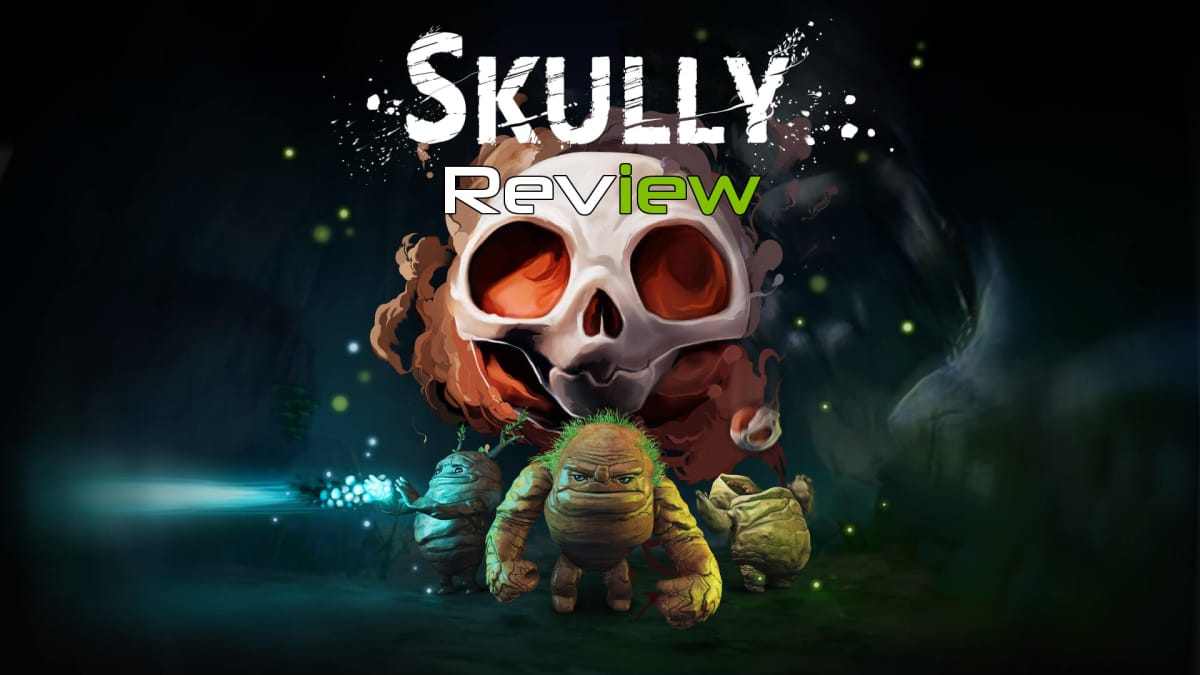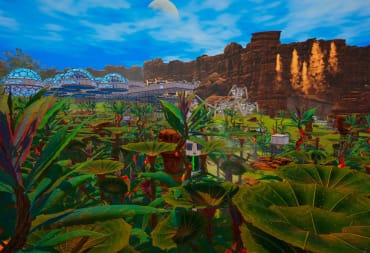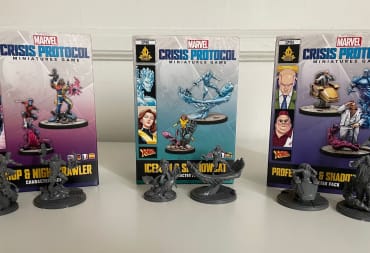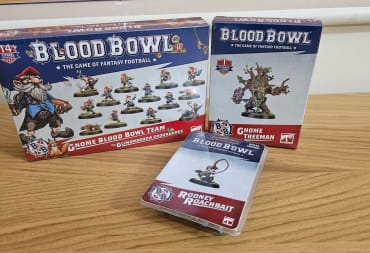Back when I previewed Skully, I mentioned how responsive and inventive it was with its momentum-based movement. Rolling across the sand and gliding along ramps and curves carved into stone gave me a giddy surge of delight. The kind of pure joy of movement that comes from the best of 90s mascot platformers. Sadly, the further I got into Skully, a lot of that simplicity is worn down to frustration by inconsistent level design, frustrating puzzles, and minor design elements that creep up and overwhelm an otherwise solid fundamental core.
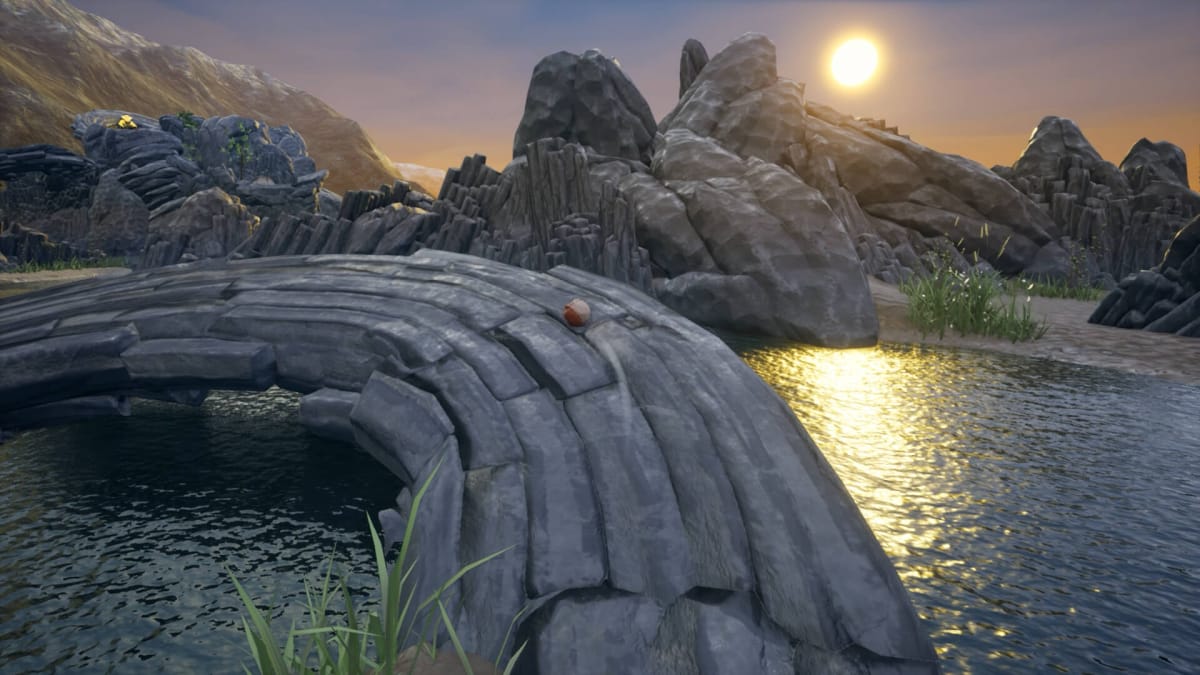
Island Family Feud
The set-up is simple enough. You play as skull brought back to life by magical clay and are taken on a journey to stop the squabbling of four siblings. To this end, you travel across the island encountering the siblings, who just happen to control one of the four elements, and are the source of the game's major set pieces and boss battles.
There are eighteen chapters in all. Each one covers a variety of areas including sandy beaches, rivers and lakes, cloudy mountain ranges, and the inside of a volcano. Also, there are collectible flowers scattered throughout. They really don't do anything aside from unlocking concept art.
In addition to rolling around like a novelty gothic marble, there are clay bodies you can construct. There's a large one that can punch things and throw your head across great distances, a small one with a dash that can move platforms around, and a spry one with a double jump. They're mostly used for light puzzle solving, usually involving you hopping from body to body to put things in the right position.
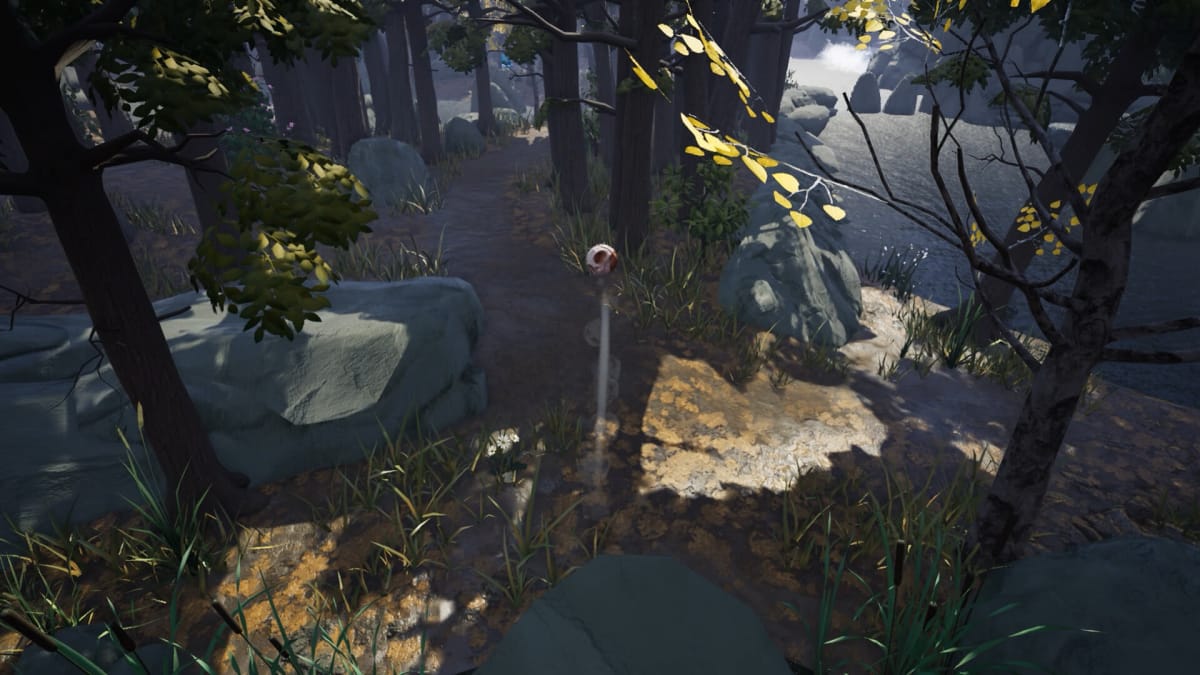
Stop Rolling, Please Stop Rolling!
The problem with all of these elements is they're put together in haphazard ways. The best example that comes to mind is the transition from chapter two to chapter three. Skully spends its crucial tutorial levels easing you into using your forward momentum to clear gaps, roll around, and just feel like a rollercoaster ride. The following levels then throw that play conditioning in the garbage bin and expect precision jumping with moving and vanishing platforms all naturally formed in a way to make a ball roll off it unless you constantly keep it in motion. It's like being forced to play hopscotch in rollerskates while being held at gunpoint.
There are spots where Skully's speedy rolling does come alive. There are a few admittedly exciting chase and escape sequences where you have to outrun a tidal wave or slowly rising lava, but even these could have been handled better. A lot of them amount to frustrating trial and error, no thanks to how Skully just blends into the terrain and how pulled back the camera is. A simple glow effect would have gone a long way.
The puzzle sections with the clay bodies fair better, but only by it being more tedious than annoying. Most of them involve getting platforms into place over hazardous terrain, which becomes more convoluted as the levels continue. There's even a point later on where you can make platforms go back and forth in predetermined paths, which had the potential for creativity. Unfortunately in practice it just became a greater exercise in frustration since the platforms only go at one speed and setting them up requires backtracking, setting up multiple clay bodies, and fighting with the physics when you finally ride the thing to your destination.
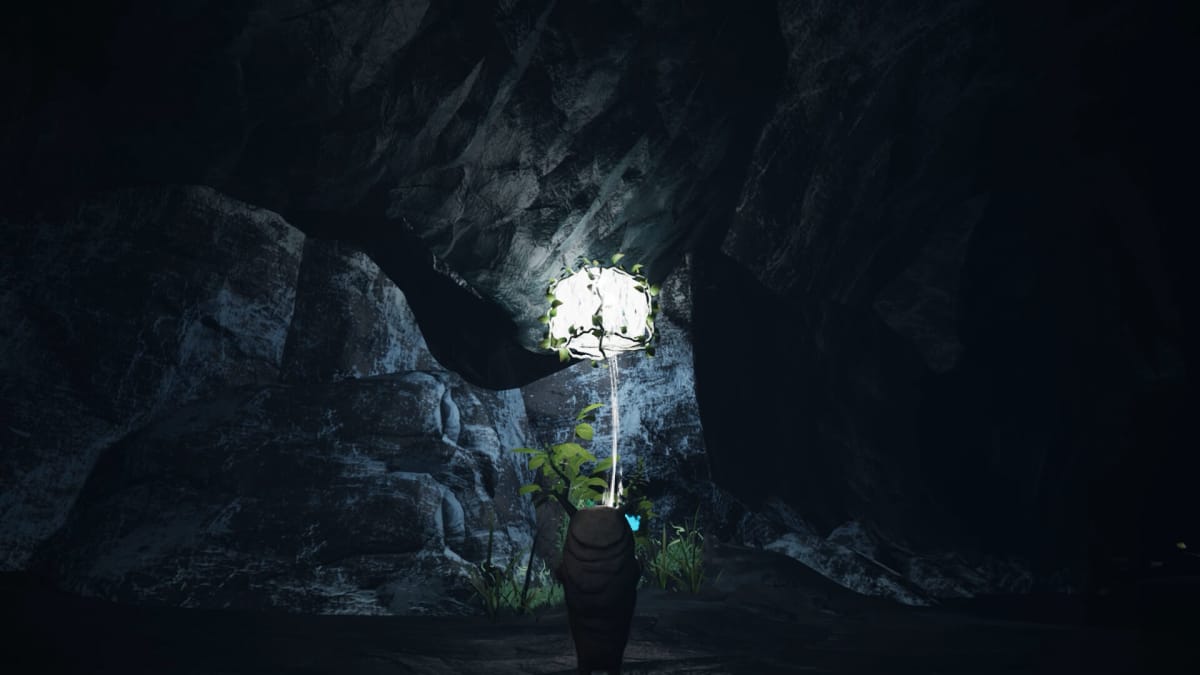
It's a strong case of a game missing the forest for the trees. If Finish Line Games stuck to just Skully's basic movement and focused levels around that, maybe adding in clay bodies to compliment that, a lot could be forgiven. But based on how levels just start and end with fades to black, the presence of invisible walls, and the constant push and pull of different platforming philosophies at play, it reeks of a game being spreading itself too thin while lacking a central identity.
The levels feel unfocused, jumping wildly from frustrating and tedious to enjoyable and breezy at the drop of a hat. Exploration or mastery of said levels feels more of a matter of trial and error than skill. What little merits the game's story does have, in this case about siblings dealing with the fallout of loss, is put through the wringer by this list of annoyances. Instead of doing a lot with a little, Skully manages to do less despite having more.
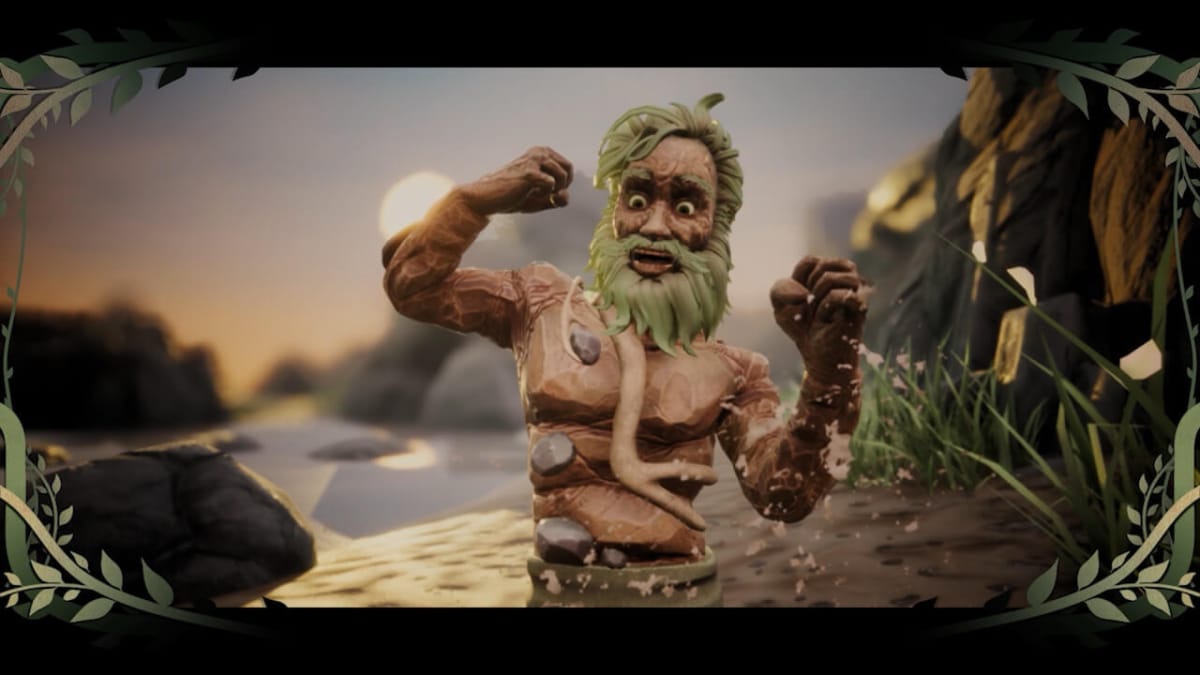
Skully | Final Thoughts
When it first starts out, Skully made me nostalgic for experimental mascot platformers like Voodoo Vince or Glover. By the end, it reminded me why that particular genre died out. What little enjoyment to be had is killed by a thousand tiny cutting annoyances and even then amounts to something mediocre at best. At a thirty dollar asking price, it is painfully outmatched by other cheaper and more polished experiences on the market.
TechRaptor reviewed Skully on PlayStation 4 with a copy provided by the publisher. The game is also available on PC, Nintendo Switch, and Xbox One.
Review Summary
Pros
- Rolling And Jumping Feel Nice
- Appealing Art Direction
Cons
- Infuriating Level Design And Pacing
- Tedious Puzzles
Have a tip, or want to point out something we missed? Leave a Comment or e-mail us at tips@techraptor.net
